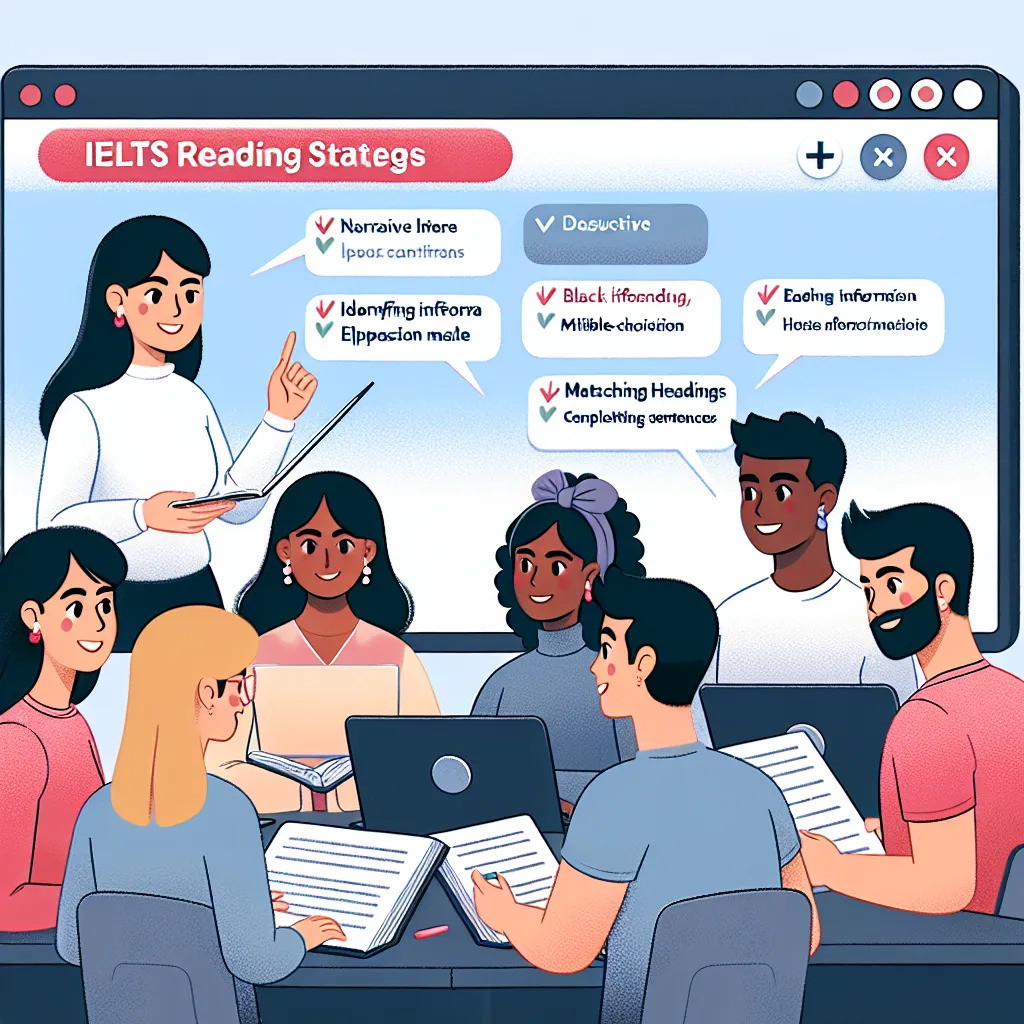The IELTS Reading section is a crucial component of the test, assessing your ability to comprehend complex texts and extract relevant information. Today, we’ll focus on a topic that has become increasingly prevalent in recent years: “The influence of social media on consumer behavior.” This subject has appeared in various forms in past IELTS exams and, given its ongoing relevance, is likely to resurface in future tests.
Nội dung bài viết
Based on our analysis of past IELTS exams and current trends, we predict a high probability of encountering passages related to social media’s impact on consumer behavior. Let’s dive into a practice exercise to help you prepare for this potential topic.
 Social media influencing consumer behavior
Social media influencing consumer behavior
Practice Reading Passage
The Digital Revolution in Consumer Behavior
Social media has revolutionized the way consumers interact with brands and make purchasing decisions. This digital transformation has created a new landscape where traditional marketing strategies are being reshaped to fit the online world. Platforms like Facebook, Instagram, and Twitter have become powerful tools for businesses to reach and engage with their target audiences.
One of the most significant changes brought about by social media is the rise of influencer marketing. Influencers, individuals with large followings on social media platforms, have become key players in shaping consumer opinions and behaviors. Their recommendations and endorsements can significantly impact the purchasing decisions of their followers. This phenomenon has led to a shift in how companies allocate their marketing budgets, with many now investing heavily in influencer partnerships.
The immediacy and interactivity of social media have also transformed the customer journey. Consumers can now easily research products, compare prices, and read reviews from other users before making a purchase. This wealth of information has made consumers more informed and discerning, challenging businesses to be more transparent and responsive to customer needs.
Moreover, social media has facilitated the growth of social commerce, where the entire shopping experience – from product discovery to purchase – can occur within a social media platform. Features like Instagram Shopping and Facebook Marketplace have blurred the lines between social interaction and e-commerce, creating seamless opportunities for impulse purchases.
However, the influence of social media on consumer behavior is not without its challenges. The constant exposure to curated lifestyles and targeted advertisements can lead to increased materialism and FOMO (Fear of Missing Out) among users. This has raised concerns about the potential negative impacts on mental health and financial well-being.
Privacy concerns have also come to the forefront as consumers become more aware of how their data is being collected and used for targeted advertising. This has led to calls for greater regulation and transparency in the use of personal data for marketing purposes.
Despite these challenges, the influence of social media on consumer behavior continues to grow. Businesses that can effectively navigate this digital landscape, building authentic relationships with their audience while respecting privacy concerns, are likely to thrive in this new era of social commerce.
Questions
Multiple Choice
-
According to the passage, which of the following has become a powerful tool for businesses to reach their target audience?
A) Television advertisements
B) Radio commercials
C) Social media platforms
D) Newspaper ads -
What has the rise of influencer marketing led to?
A) A decrease in company marketing budgets
B) A shift in how companies allocate their marketing budgets
C) The elimination of traditional marketing strategies
D) A reduction in the use of social media for marketing -
How has social media transformed the customer journey?
A) By making product information less accessible
B) By eliminating the need for customer reviews
C) By making consumers less informed about products
D) By allowing consumers to easily research and compare products
True/False/Not Given
- Social media has made it more difficult for consumers to compare prices of products.
- The growth of social commerce has created opportunities for impulse purchases.
- All businesses have successfully adapted to the changes brought about by social media marketing.
Sentence Completion
Complete the sentences below using NO MORE THAN THREE WORDS from the passage for each answer.
- The constant exposure to curated lifestyles on social media can lead to increased ____ among users.
- Consumers are becoming more aware of how their ____ is being collected and used for targeted advertising.
- Businesses that can build ____ relationships with their audience are likely to thrive in the era of social commerce.
Answer Key
-
C) Social media platforms
Explanation: The passage states, “Platforms like Facebook, Instagram, and Twitter have become powerful tools for businesses to reach and engage with their target audiences.” -
B) A shift in how companies allocate their marketing budgets
Explanation: The text mentions, “This phenomenon has led to a shift in how companies allocate their marketing budgets, with many now investing heavily in influencer partnerships.” -
D) By allowing consumers to easily research and compare products
Explanation: The passage notes, “Consumers can now easily research products, compare prices, and read reviews from other users before making a purchase.” -
False
Explanation: The passage states that social media has made it easier for consumers to compare prices, not more difficult. -
True
Explanation: The text mentions, “Features like Instagram Shopping and Facebook Marketplace have blurred the lines between social interaction and e-commerce, creating seamless opportunities for impulse purchases.” -
Not Given
Explanation: The passage does not provide information about whether all businesses have successfully adapted to social media marketing changes. -
materialism
Explanation: The passage states, “The constant exposure to curated lifestyles and targeted advertisements can lead to increased materialism and FOMO (Fear of Missing Out) among users.” -
data
Explanation: The text mentions, “Privacy concerns have also come to the forefront as consumers become more aware of how their data is being collected and used for targeted advertising.” -
authentic
Explanation: The passage concludes with, “Businesses that can effectively navigate this digital landscape, building authentic relationships with their audience while respecting privacy concerns, are likely to thrive in this new era of social commerce.”
Common Mistakes to Avoid
-
Overlooking key phrases: Pay attention to phrases like “according to the passage” in questions, which require you to base your answer solely on the information provided in the text.
-
Making assumptions: Avoid drawing conclusions based on your own knowledge or opinions. Stick to the information presented in the passage.
-
Misinterpreting True/False/Not Given questions: Remember, “Not Given” means the information is neither confirmed nor denied in the passage.
-
Exceeding word limits: In sentence completion tasks, be sure to use only the specified number of words from the passage.
Vocabulary
- Revolutionized (verb) /ˌrevəˈluːʃənaɪzd/: Completely changed the way something is done or thought about
- Endorsements (noun) /ɪnˈdɔːsmənts/: Public statements or actions showing support for something
- Discerning (adjective) /dɪˈsɜːnɪŋ/: Able to judge well and make good decisions
- Curated (adjective) /ˈkjʊəreɪtɪd/: Carefully chosen and presented
- Materialism (noun) /məˈtɪəriəlɪzəm/: The belief that having money and possessions is the most important thing in life
Grammar Focus
Complex sentence structure: “Businesses that can effectively navigate this digital landscape, building authentic relationships with their audience while respecting privacy concerns, are likely to thrive in this new era of social commerce.”
This sentence uses a relative clause (“that can effectively navigate this digital landscape”) and a participial phrase (“building authentic relationships…”) to provide additional information about the subject “Businesses.” The use of “while” introduces a simultaneous action, showing the balance businesses must maintain.
Tips for Success in IELTS Reading
-
Time management: Practice with timed exercises to improve your speed and efficiency.
-
Skimming and scanning: Develop these skills to quickly locate relevant information in the passage.
-
Vocabulary building: Regularly expose yourself to academic texts to expand your vocabulary.
-
Practice active reading: Engage with the text by underlining key points and making mental summaries as you read.
-
Familiarize yourself with question types: Understanding the different types of questions will help you approach them more effectively.
-
Read the instructions carefully: Ensure you understand what is required for each question, especially regarding word limits.
-
Use context clues: If you encounter unfamiliar words, try to deduce their meaning from the surrounding context.
By focusing on these areas and regularly practicing with passages on current topics like the influence of social media on consumer behavior, you’ll be well-prepared for the IELTS Reading section. Remember, consistent practice and familiarity with various question types are key to achieving a high score.
For more insights on IELTS preparation and related topics, check out our articles on how social media influences consumer behavior and the impact of social media influencers on consumer behavior.


